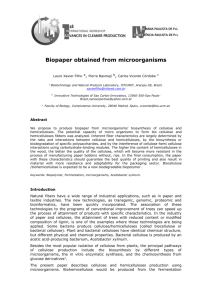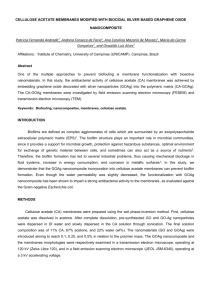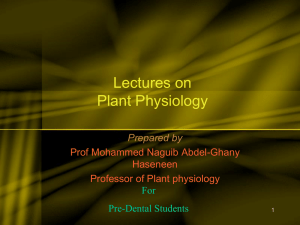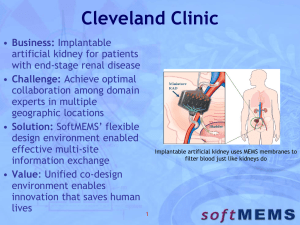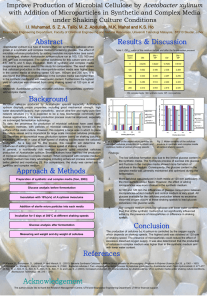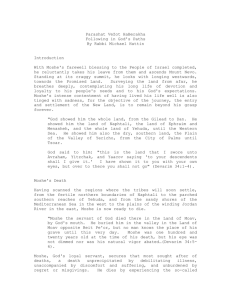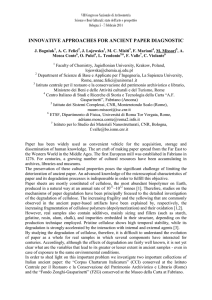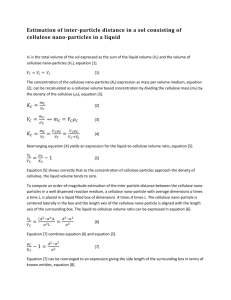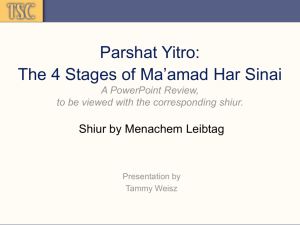c-di-GMP signaling in bacteria
advertisement
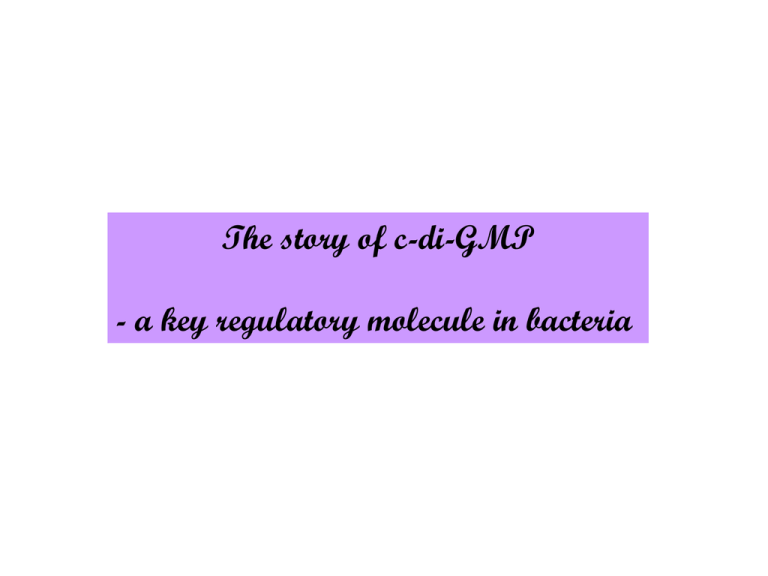
The story of c-di-GMP - a key regulatory molecule in bacteria Once upon a time in the holy city of Jerusalem, a group of scientists, led by Moshe Benziman, were waging a war with the bacterium Acetobacter xylinum Acetobacter xylinum produces abundant amounts of cellulose and Moshe and his team were interested in the cellulose-synthesizing machinery of this bacterium. They had broken through the bacterial envelope and were rummaging through the membranes to identify the cellulosesynthesizing machinery. To demonstrate that the cellulose-synthesizing machinery was active in the isolated membranes, Moshe needed to synthesize cellulose from these membranes. Unfortunately, the membranes produced very small amounts of cellulose in comparison to the amounts produced by intact cells. So, Moshe and his team started using heavy stuff like PEG and GTP and the rest is history ---- Modular organization of O2-sensing phosphodiesterases and kinases From: Chang et al (2001) Biochemistry 40:3420-3426 O2 control of cellulose synthesis in A. xylinum From: Chang et al (2001) Biochemistry 40:3420-3426 Role of c-di-GMP in virulence Numbers of genes encoding GGDEF, EAL, dual GGDEF and EAL or PilZ domain proteins in different Vibrio species c-di-GMP-mediated spatiotemporal control of protein degradation regulates bacterial cell cycle progression
